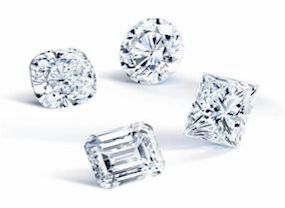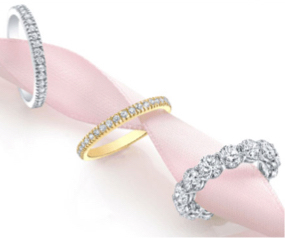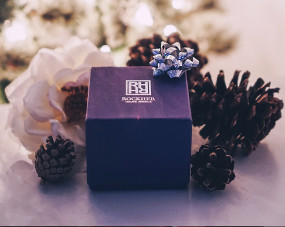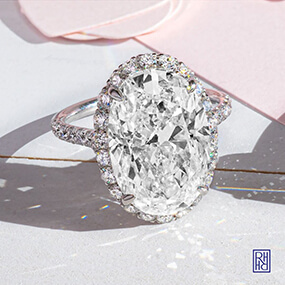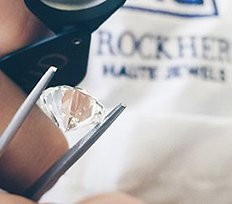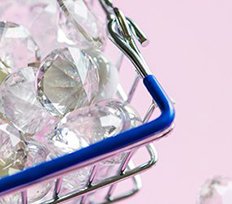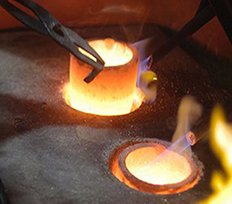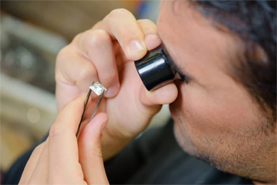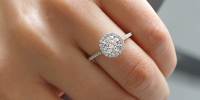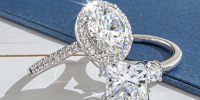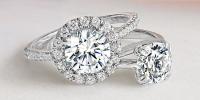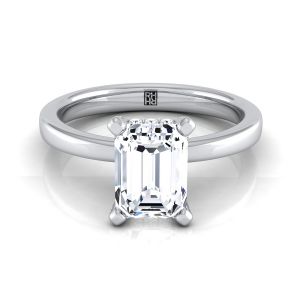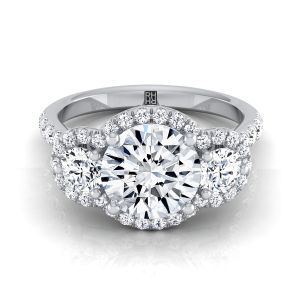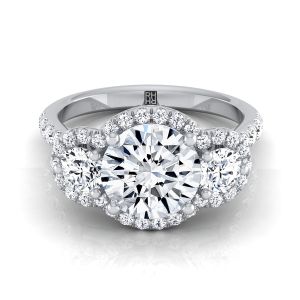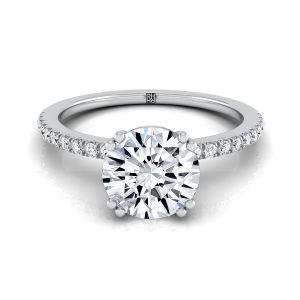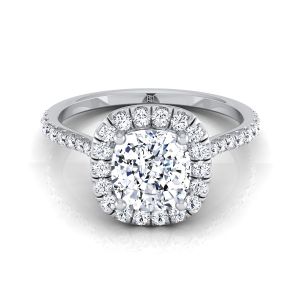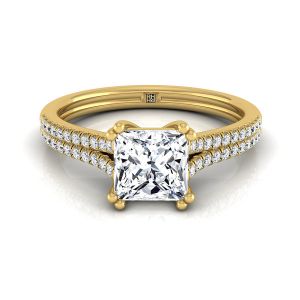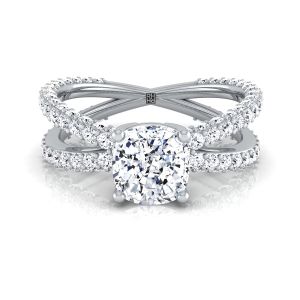
Diamonds are gorgeous stones that should be carefully inspected and considered before purchasing. A buyer looks for best quality when checking out the many
diamonds on display on a jewelry store shelf, but how exactly would one define ‘quality’? Is it enough that your black and white
diamond twist ring be huge, or are there other things you should be paying attention to?
Diamond Spread
Simply put, a
diamond’s spread is how big it looks when it is face up. This combines many measurements, like the diameter, table size, depth, and girdle thickness. Normally, the bigger the
diamond's spread means bigger size, but this is not always the case. Spread just influences how big the
diamond looks and has to do primarily with the face-up measurements.

Spread is not always good for the stone either. This is why the depth percentage is a much more reliable metric to go by. The smaller the depth, the more the chance that the
stone’s weight is distributed sideways, which translates to a wider looking
diamond. It is best to go for a depth percentage value in the range of 58% to 62.8%. Girdle thickness also affects the weight distribution, so pay attention to that as well.
 Diamonds are gorgeous stones that should be carefully inspected and considered before purchasing. A buyer looks for best quality when checking out the many diamonds on display on a jewelry store shelf, but how exactly would one define ‘quality’? Is it enough that your black and white diamond twist ring be huge, or are there other things you should be paying attention to?
Diamond Spread
Simply put, a diamond’s spread is how big it looks when it is face up. This combines many measurements, like the diameter, table size, depth, and girdle thickness. Normally, the bigger the diamond's spread means bigger size, but this is not always the case. Spread just influences how big the diamond looks and has to do primarily with the face-up measurements.
Diamonds are gorgeous stones that should be carefully inspected and considered before purchasing. A buyer looks for best quality when checking out the many diamonds on display on a jewelry store shelf, but how exactly would one define ‘quality’? Is it enough that your black and white diamond twist ring be huge, or are there other things you should be paying attention to?
Diamond Spread
Simply put, a diamond’s spread is how big it looks when it is face up. This combines many measurements, like the diameter, table size, depth, and girdle thickness. Normally, the bigger the diamond's spread means bigger size, but this is not always the case. Spread just influences how big the diamond looks and has to do primarily with the face-up measurements.
 Spread is not always good for the stone either. This is why the depth percentage is a much more reliable metric to go by. The smaller the depth, the more the chance that the stone’s weight is distributed sideways, which translates to a wider looking diamond. It is best to go for a depth percentage value in the range of 58% to 62.8%. Girdle thickness also affects the weight distribution, so pay attention to that as well.
Spread is not always good for the stone either. This is why the depth percentage is a much more reliable metric to go by. The smaller the depth, the more the chance that the stone’s weight is distributed sideways, which translates to a wider looking diamond. It is best to go for a depth percentage value in the range of 58% to 62.8%. Girdle thickness also affects the weight distribution, so pay attention to that as well.
